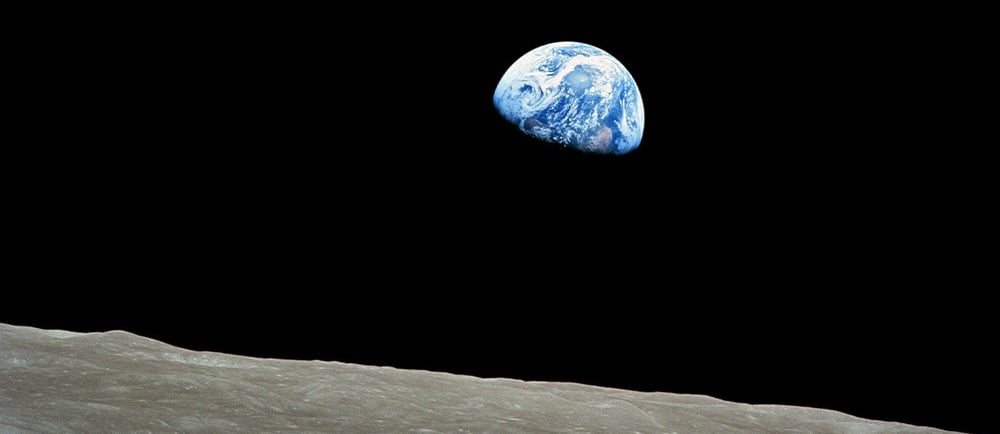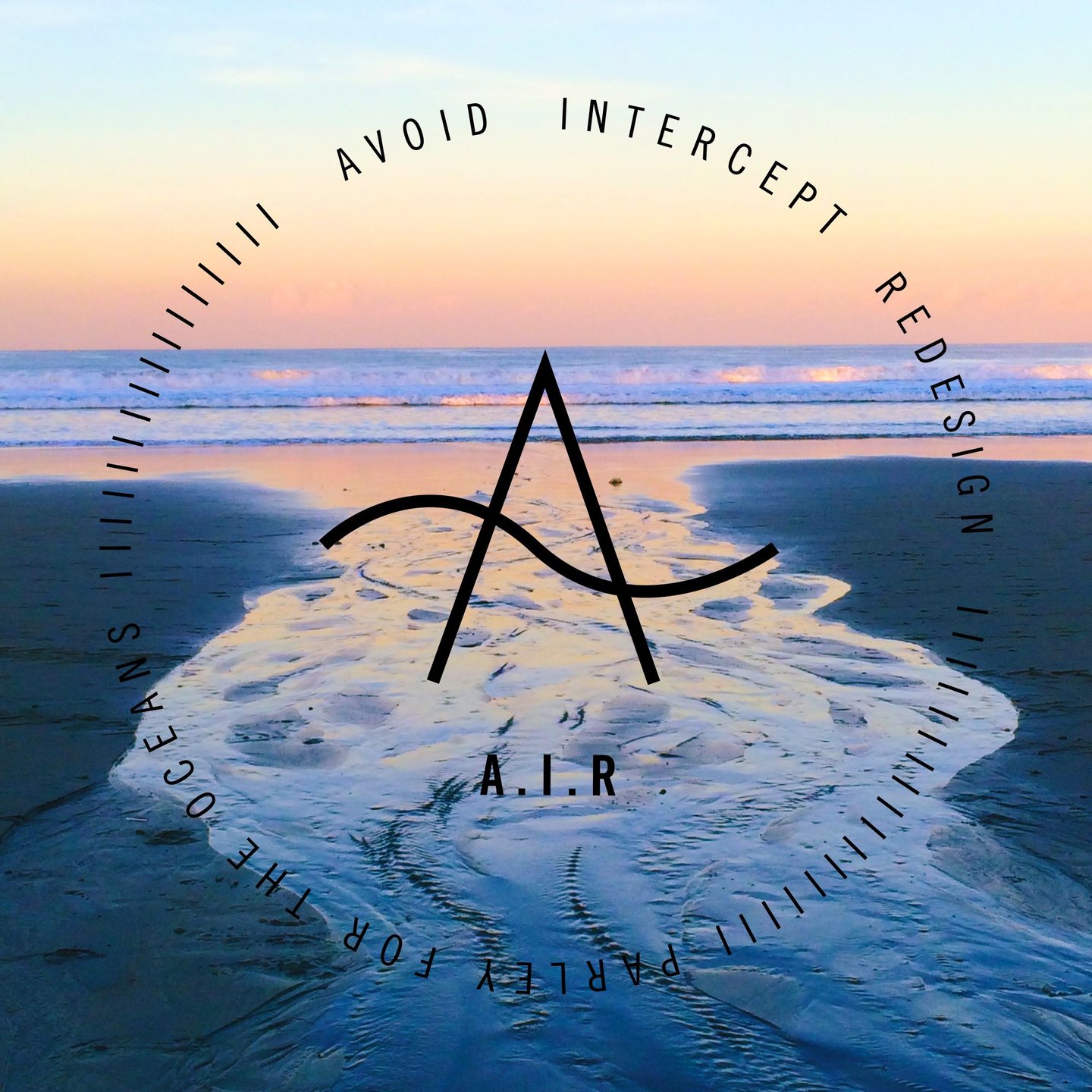Earth Day '25
4/22/2025


“There are worlds on which life has never arisen. There are worlds that have been charred and ruined by cosmic catastrophe. We are fortunate: we are alive; we are powerful; the welfare of our civilization and our species is in our hands.
If we do not speak for Earth, who will?
If we are not committed to our own survival, who will be?" - Carl Sagan
You don’t have to launch into space to appreciate this planet and the interconnectedness of life on Earth. Sign off, unplug, look around. Read about Indigenous wisdom and the history of conservation. Take a walk while the world spins. Join a beach cleanup. Plant a tree. Dive into the ocean. It feels incredible.
As powerful as it must be to view our planet from somewhere beyond it, a hyper-fixation on the exterior frontier overlooks what we’ve long neglected at home, what we need to understand in order to make sense of whatever we find out there. More than seven-tenths of our planet is blue. We finally know the ocean makes life on Earth possible, but the vast majority of that watery realm remains unknown, unmapped, unseen and unprotected by humans.
The oceans conceal entire underwater mountain ranges, alien ecosystems in total darkness and species beyond imagination that have existed for hundreds of millions of years, since long before humans evolved and devolved into the destructive legacy that dominates the modern narrative. It’s not too late to turn ourselves around and change the story, to reflect and secure a better future.
More than half of the oxygen in the air we breathe is generated by life in the oceans. What if that were enough to ‘save the world’? Maybe the change we need isn’t in the giant leaps and costly missions, but in the small stuff—the everyday epiphanies that find us wherever we are wanting to make a difference.


Earthrise - Bill Anders Apollo 8 / 1968
